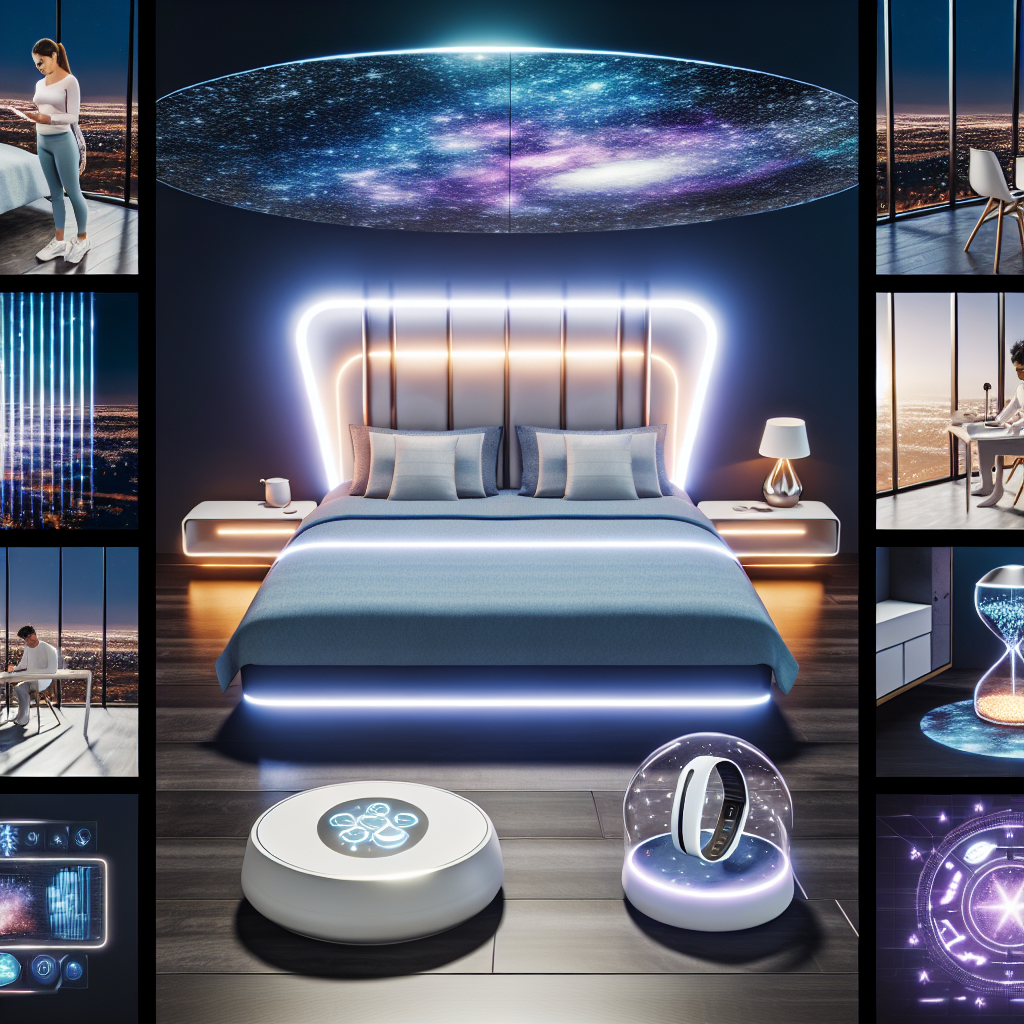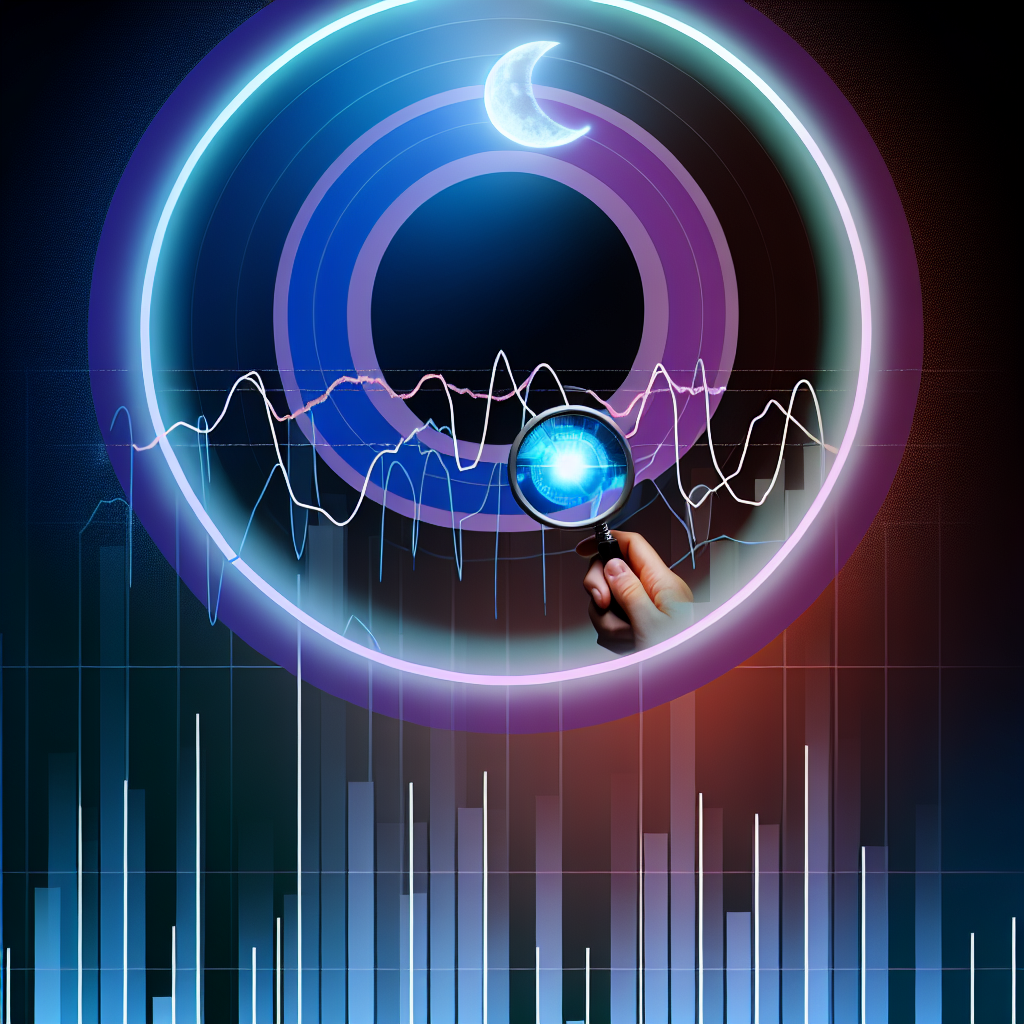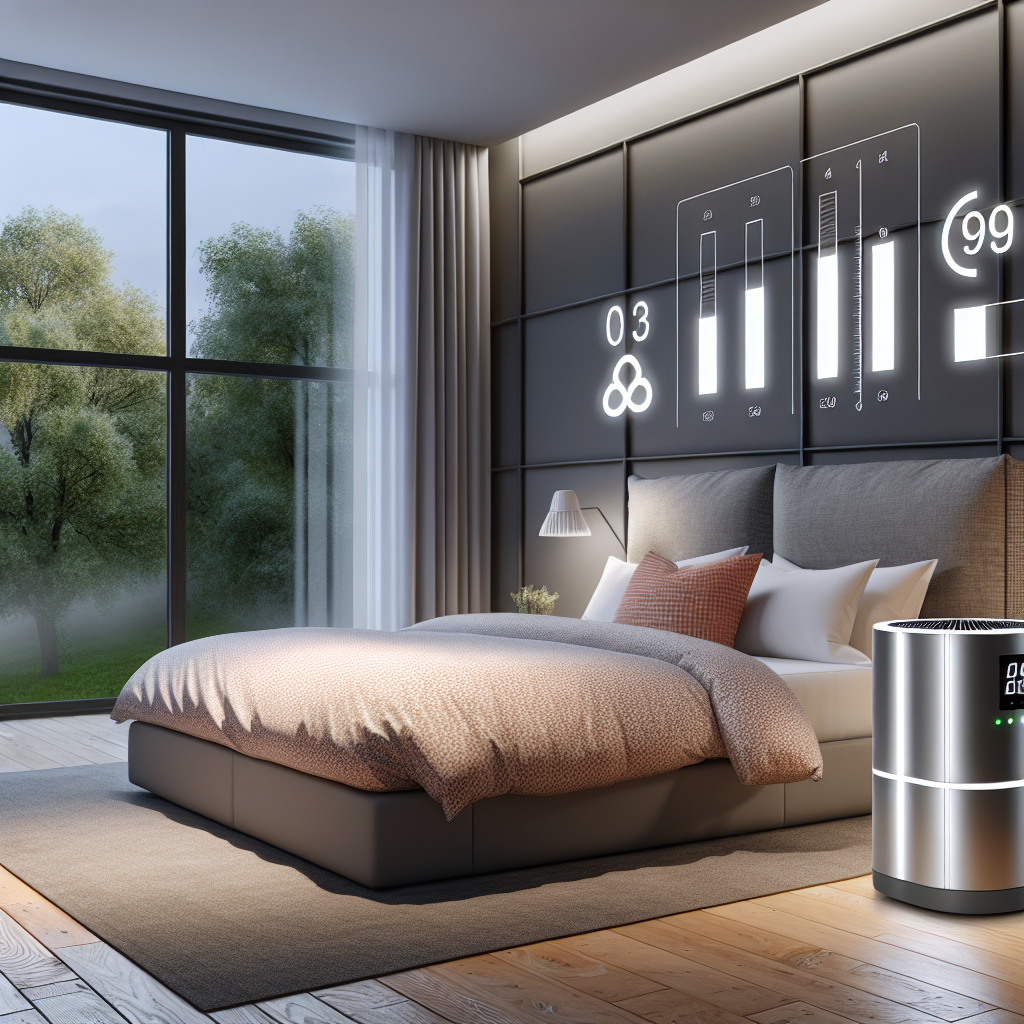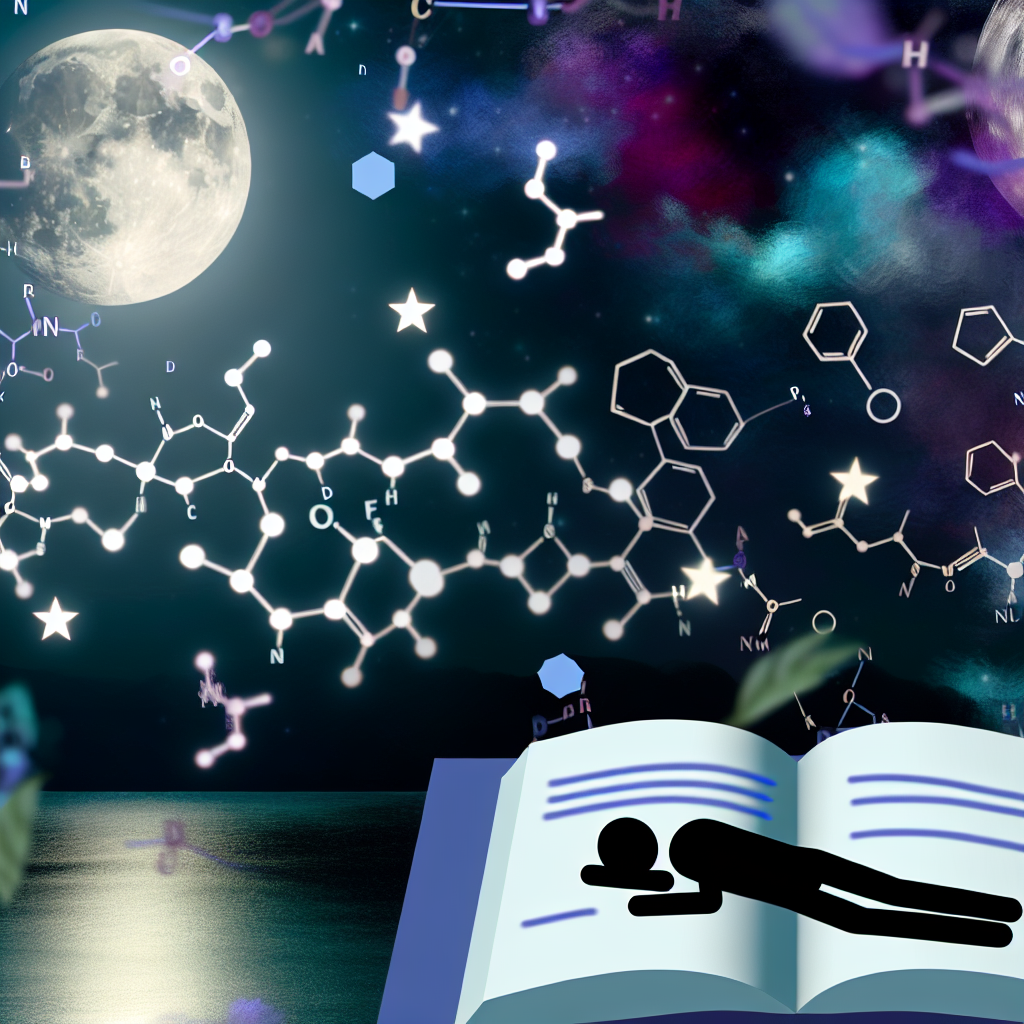Future of Sleep Tech: 2025 Predictions
Introduction
Sleep technology has come a long way in recent years, evolving beyond the traditional mattress and pillow to incorporate cutting-edge innovations designed to enhance sleep quality. As research continues to shed light on the intricacies of sleep health, developers are leveraging artificial intelligence, smart sensors, and personalized data to refine sleep solutions. By 2025, sleep technology is poised to undergo revolutionary advancements, offering personalized strategies to combat sleep disorders, track nocturnal behaviors, and optimize rest like never before.
The global sleep tech industry is expected to grow rapidly, with more than 35% of U.S. adults reporting insufficient sleep. As poor sleep is linked to conditions such as heart disease, obesity, and cognitive decline, the demand for smarter, evidence-based sleep solutions is steadily increasing. Whether it’s wearable devices, AI-driven sleep coaching, or advanced sleep tracking applications, the landscape of sleep improvement is shifting dramatically.
Future predictions in sleep technology aim to personalize sleep solutions by integrating more interactive, non-invasive tools to track and regulate sleep cycles. Current devices, such as the Oura Ring and Fitbit, have already paved the way for real-time sleep tracking, but upcoming technologies in 2025 promise even greater precision and adaptability. Innovations such as neurotechnology-based headbands, smart mattresses that adjust firmness based on sleep position, and AI-powered sleep assistants that provide instant feedback based on biological markers are expected to dominate the industry.
Another emerging trend is digital therapeutics, where smartphone applications use cognitive behavioral therapy for insomnia (CBT-I) to help users reframe sleep habits into healthier patterns. Virtual sleep clinics and telehealth consultations are also on the rise, ensuring that better sleep care is accessible from anywhere.
2025 is set to redefine how we perceive and manage sleep. Gone are the days when a good night’s sleep depended solely on routine—sleep technology is making it possible to customize and enhance sleep based on individual needs. In this article, we’ll review the latest scientific advancements and expert predictions that will shape the future of sleep technology in the coming year.
The Science Behind Sleep Tech: Research-Driven Innovations
The intersection of sleep science and technology has led to some groundbreaking advancements in improving sleep health. Numerous studies have explored how innovations in artificial intelligence, brainwave monitoring, and biofeedback could revolutionize how we approach sleep in 2025.
AI-Powered Sleep Tracking and Smart Coaching
One of the most promising developments is the use of AI-powered sleep tracking and coaching systems. Research published in the Journal of Sleep Research highlights how machine learning algorithms can detect sleep patterns with remarkable accuracy, identifying disturbances like insomnia, apnea, or restless leg syndrome much earlier than traditional methods [(2)](https://onlinelibrary.wiley.com/journal/13652869). AI-based systems can analyze heart rate variability (HRV), breathing patterns, and movement, predicting whether a user will have sleep disruptions before they even occur.
Brainwave Stimulation for Deeper Sleep
Another key area of innovation is brainwave-based sleep optimization through neurotechnology. A study conducted by Stanford University found that transcranial electrical stimulation (tES) devices effectively enhance slow-wave sleep, the restorative sleep stage that promotes memory consolidation and physical recovery [(3)](https://med.stanford.edu/news.html). Future sleep technology is expected to incorporate neurofeedback, gently stimulating the brain to enter deep sleep faster and spend more time in the most recuperative sleep cycles.
Smart Mattresses & Wearables: The Ultimate Sleep Setup
Wearable sleep technology and smart mattresses have also proven innovative in tracking and improving sleep quality. The Harvard Medical School Division of Sleep Medicine conducted a study showing that smart mattresses equipped with biometric sensors can detect subtle physiological changes and adjust firmness, temperature, and elevation for better sleep quality [(4)](https://health.harvard.edu/newsletters/Harvard_Health_Letter). With additional data collected from smart rings, watches, and headbands, these solutions will likely become even more customized by 2025.
Digital CBT-I: The New Era of Insomnia Treatment
Lastly, cognitive behavioral therapy for insomnia (CBT-I) integration through digital platforms is already showing great promise in improving sleep disorders. A clinical trial published in JAMA Psychiatry found that smartphone-delivered CBT-I programs improved sleep quality and reduced symptoms of chronic insomnia in 80% of users compared to traditional sleep medications [(5)](https://jamanetwork.com/journals/jamapsychiatry). As smartphones and AI assistants improve, sleep apps are expected to incorporate even more personalized behavioral coaching.
With these advancements in sleep science and technology, the future of sleep tech in 2025 is all about precision, personalization, and accessibility. By merging AI, sensor-based technology, and neuroscience, individuals will have more efficient, non-invasive ways to enhance their sleep health.
The Future of Sleep Technology: What Lies Ahead in 2025?
The sleep industry is on the brink of a major transformation, with a focus on personalized and AI-enhanced sleep experiences. Here’s what to expect:
– AI-Driven Coaching & Insights: Get real-time sleep feedback with AI-powered apps tracking your biological markers.
– Smart Mattresses & Adjustable Beds: Real-time adaptability for sleep comfort based on individual sleeping positions.
– Neurofeedback Headbands: Train your brain to enter deep sleep faster using neurotechnology.
– Wearables for Sleep Health: Rings, watches, and smart apparel will provide detailed sleep insights.
– Telehealth & Virtual Sleep Clinics: Access professional sleep consultations from the comfort of your home.
– CBT-I Apps Revolutionizing Treatment: Medication-free insomnia solutions powered by AI-driven cognitive therapy.
The goal of these innovations? To make sleep tracking effortless, treatments more effective, and sleep optimization fully customized to each individual.
Conclusion: A New Era of Sleep Optimization
The future of sleep technology in 2025 is shaping up to be more intuitive, data-driven, and tailored to individual sleep needs than ever before. With advances in AI-powered sleep coaching, neurotechnology, and wearable sleep trackers, the sleep tech industry is expected to play a critical role in addressing widespread sleep issues. Additionally, the integration of digital therapeutics and smart devices ensures that sleep optimization will no longer be a one-size-fits-all solution but a highly personalized experience.
As research into sleep science progresses, we can anticipate a seamless incorporation of sleep monitoring with digital health ecosystems, allowing individuals and medical professionals to detect sleep disorders earlier and adjust behaviors accordingly. Whether through AI-driven insights, smart mattresses, or cognitive-behavioral therapy applications, the technology emerging in 2025 challenges conventional sleep practices and introduces a revolutionary approach to achieving restorative sleep.
For those struggling with insomnia, sleep apnea, or inconsistent sleep schedules, these new technologies offer hope and a more in-depth understanding of sleep health, improving overall wellness and long-term health outcomes. As the sleep tech industry continues evolving, one truth remains clear—better sleep leads to better health, and the innovations arriving in 2025 will help us sleep smarter than ever before.
References
[1] Centers for Disease Control and Prevention. (2022). “Short Sleep Duration Among U.S. Adults.” [https://www.cdc.gov/sleep/data_statistics.html](https://www.cdc.gov/sleep/data_statistics.html)
[2] Journal of Sleep Research. (2023). “The Role of AI in Identifying Sleep Disorders.” [https://onlinelibrary.wiley.com/journal/13652869](https://onlinelibrary.wiley.com/journal/13652869)
[3] Stanford Medicine News. (2023). “Neurotechnology Enhancing Deep Sleep Through Stimulation.” [https://med.stanford.edu/news.html](https://med.stanford.edu/news.html)
[4] Harvard Health Publishing. (2023). “Smart Mattresses and Biometric Sleep Tracking.” [https://health.harvard.edu/newsletters/Harvard_Health_Letter](https://health.harvard.edu/newsletters/Harvard_Health_Letter)
[5] JAMA Psychiatry. (2022). “Digital CBT for Insomnia as an Alternative to Sleeping Pills.” [https://jamanetwork.com/journals/jamapsychiatry](https://jamanetwork.com/journals/jamapsychiatry)
Concise Summary:
The future of sleep technology in 2025 promises revolutionary advancements, with a focus on personalized and AI-enhanced sleep experiences. Innovations like AI-powered sleep tracking, neurotechnology-based headbands, smart mattresses, and digital CBT-I apps will transform how we approach sleep optimization, making it more intuitive, data-driven, and tailored to individual needs.

Dominic E. is a passionate filmmaker navigating the exciting intersection of art and science. By day, he delves into the complexities of the human body as a full-time medical writer, meticulously translating intricate medical concepts into accessible and engaging narratives. By night, he explores the boundless realm of cinematic storytelling, crafting narratives that evoke emotion and challenge perspectives.
Film Student and Full-time Medical Writer for ContentVendor.com




